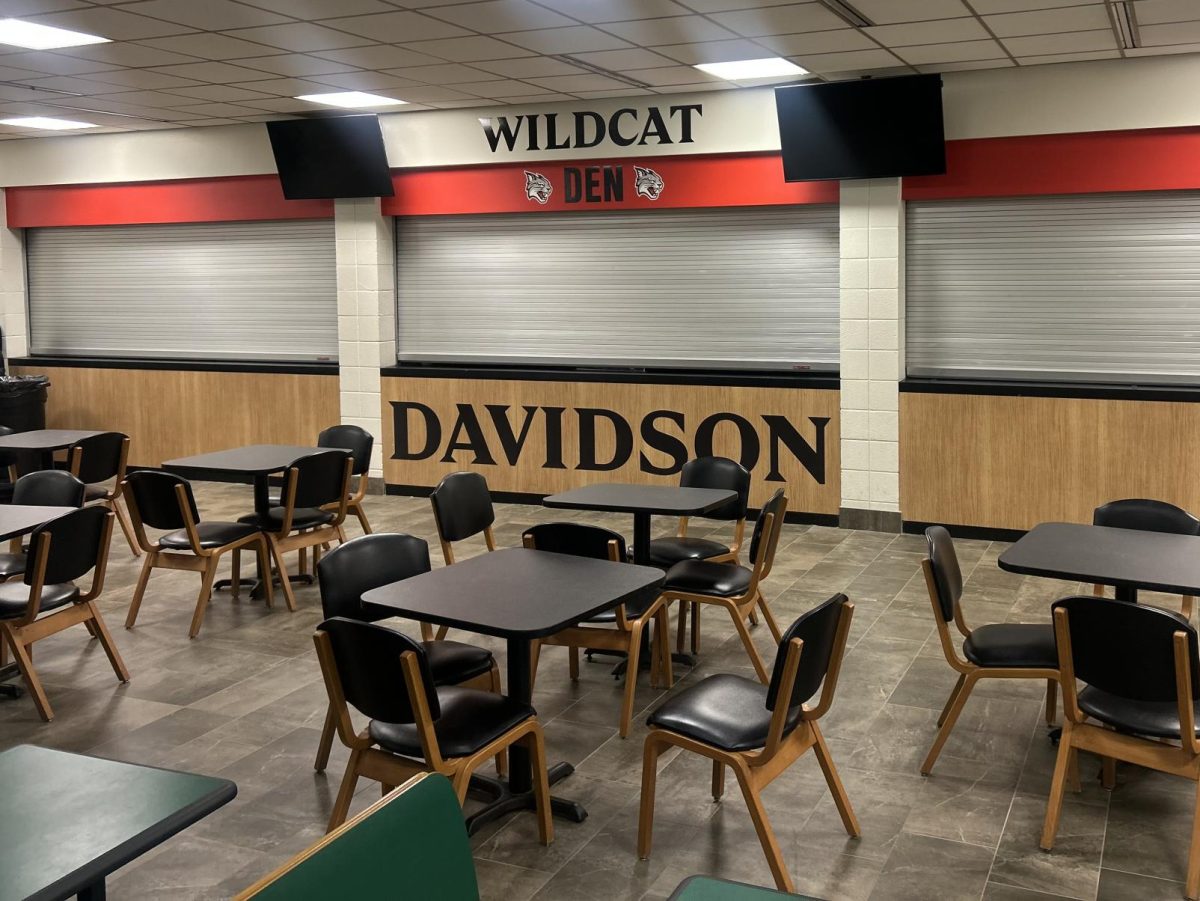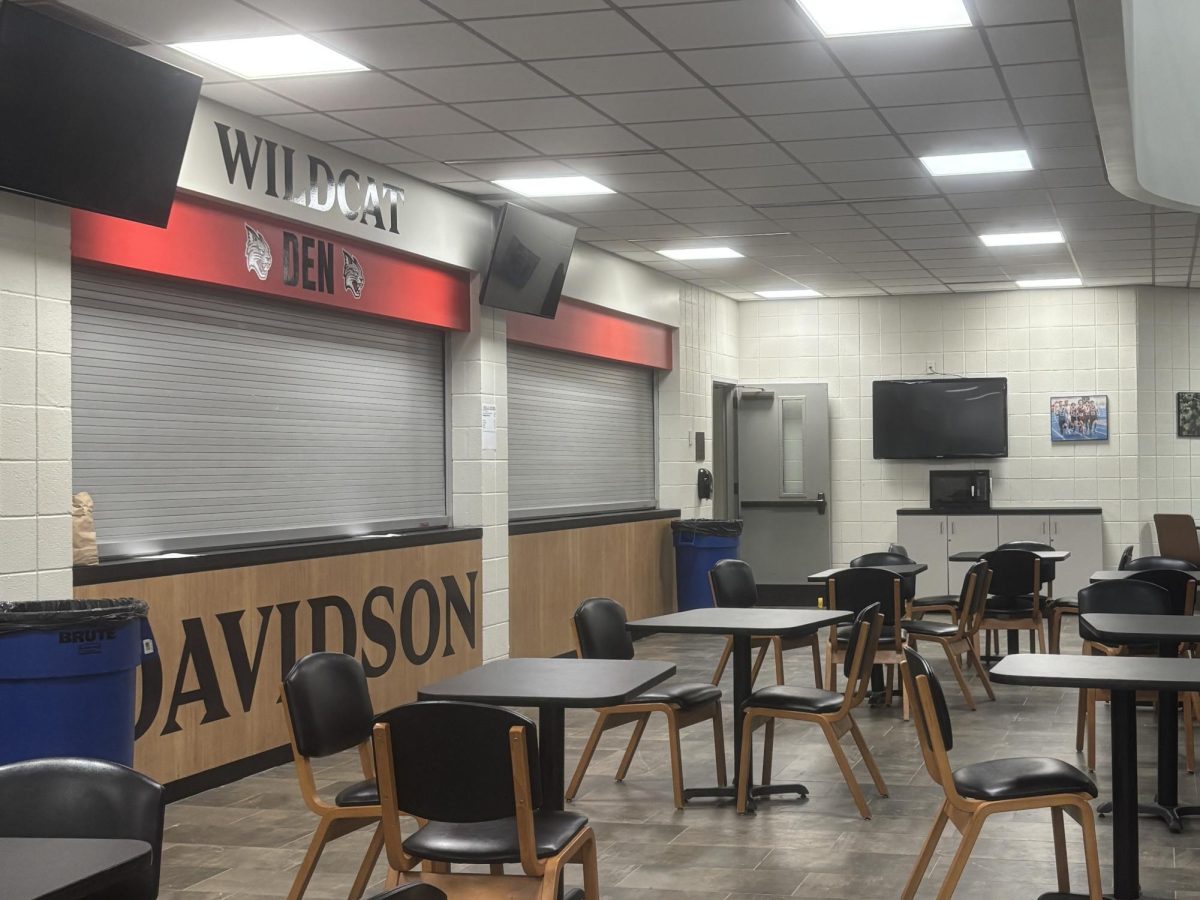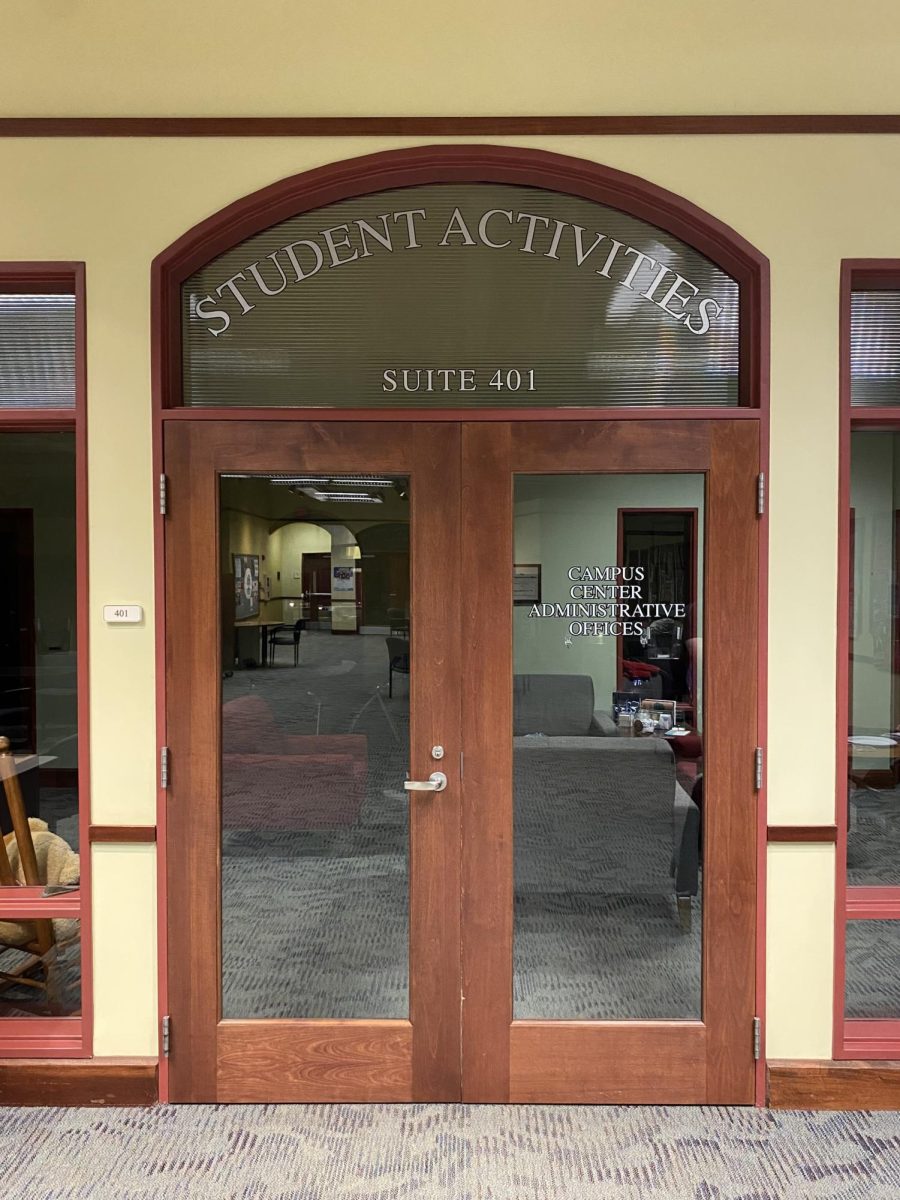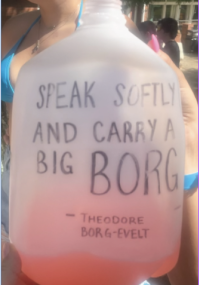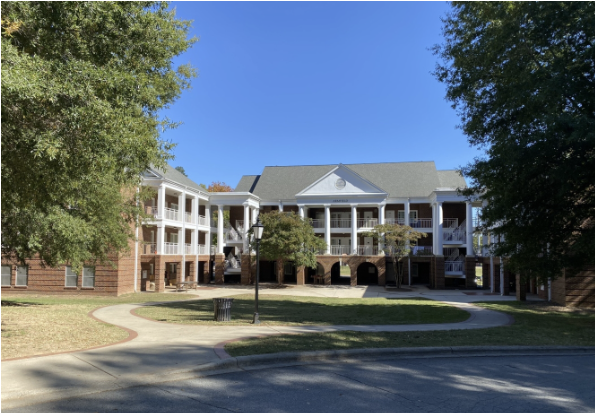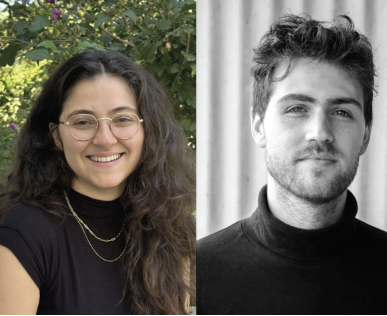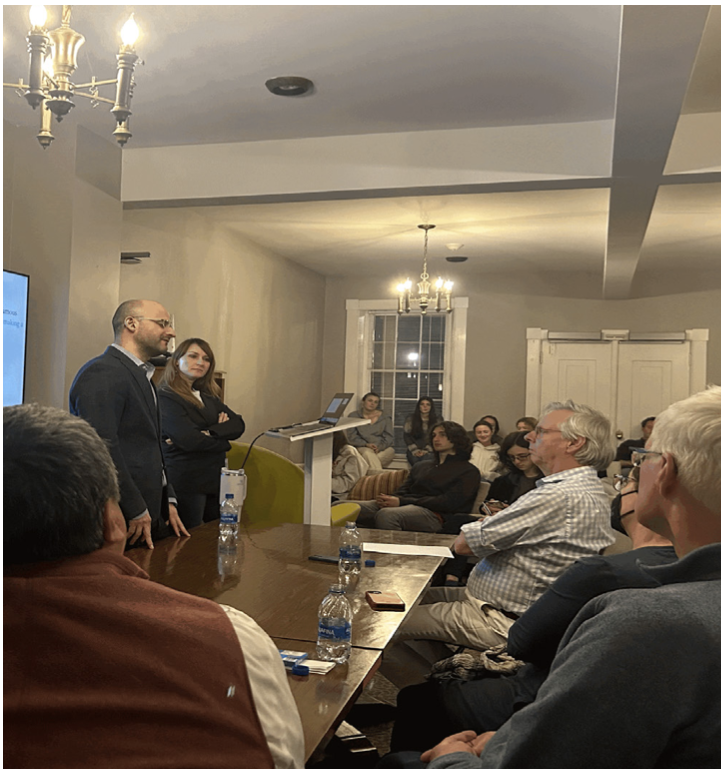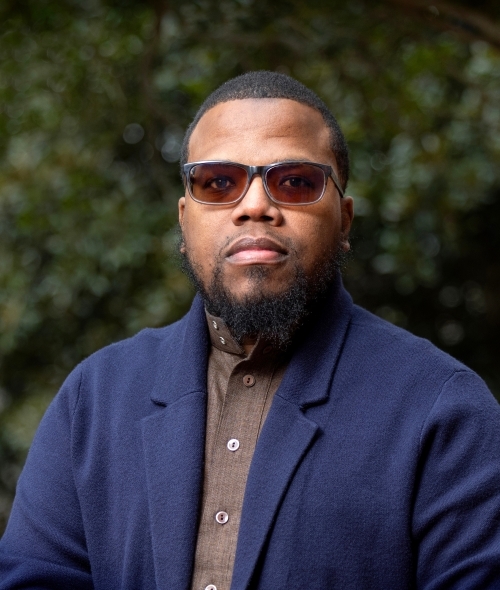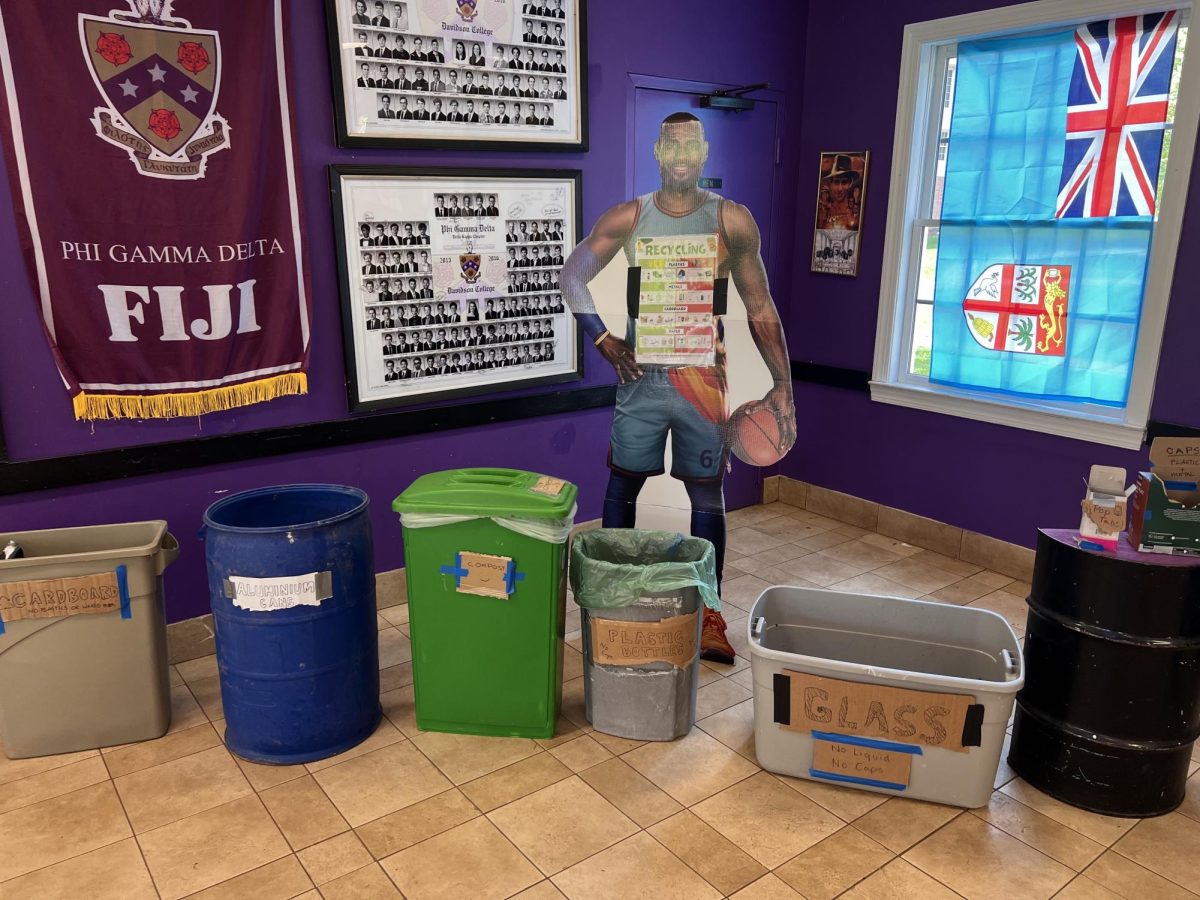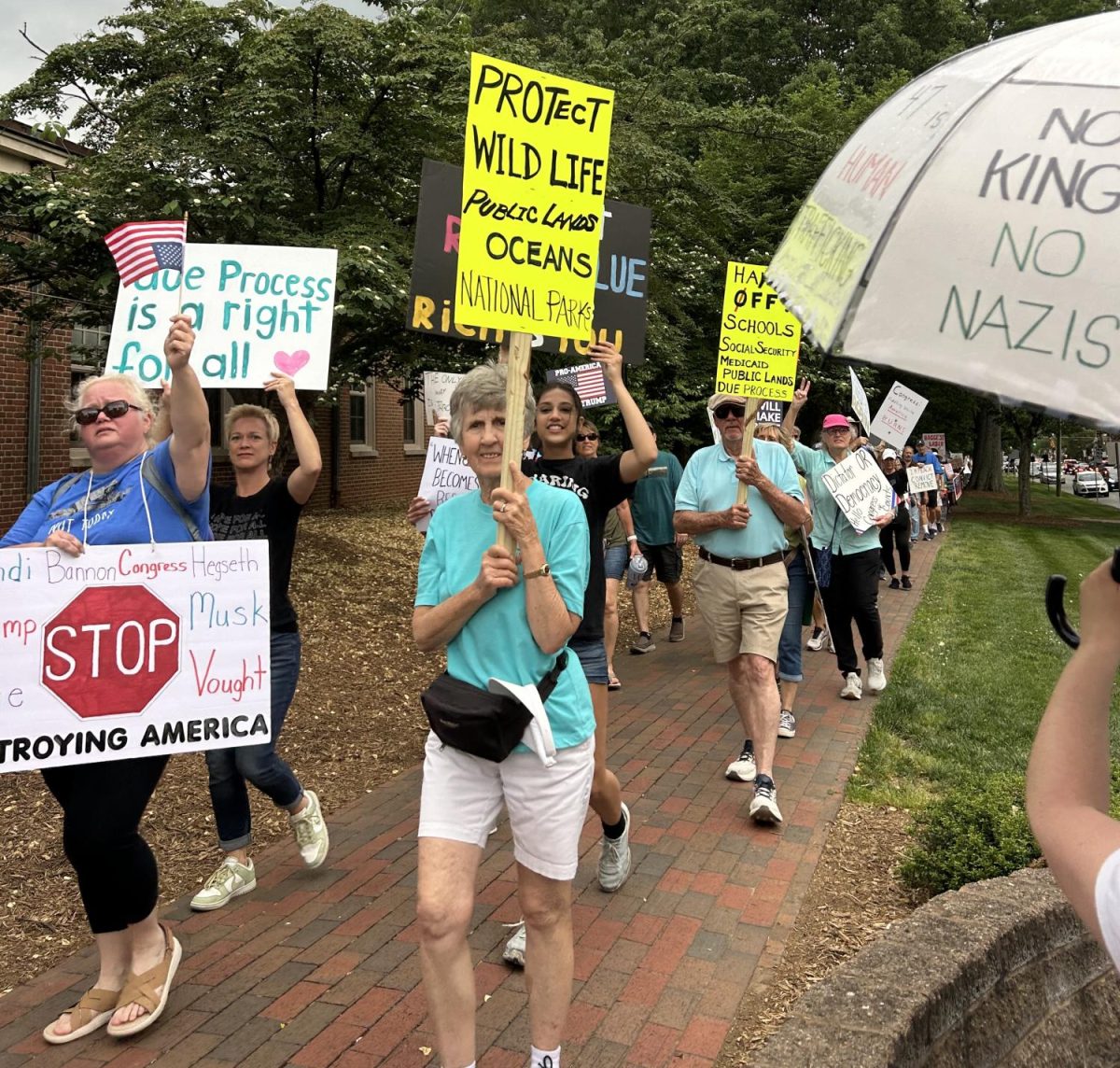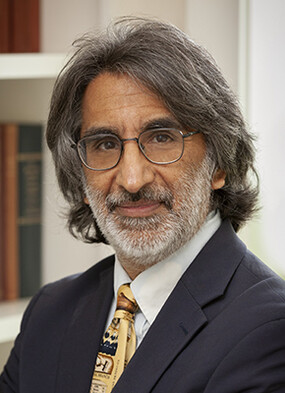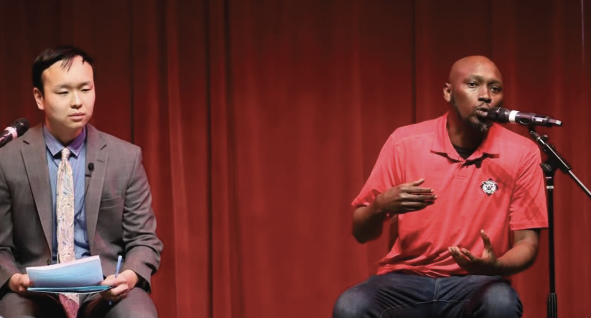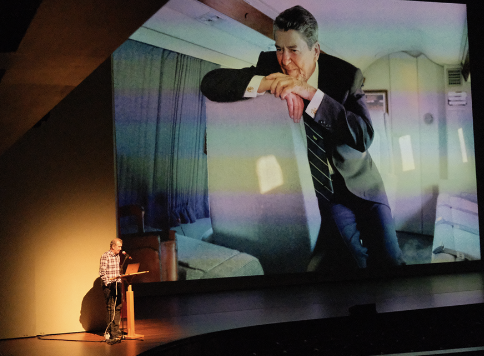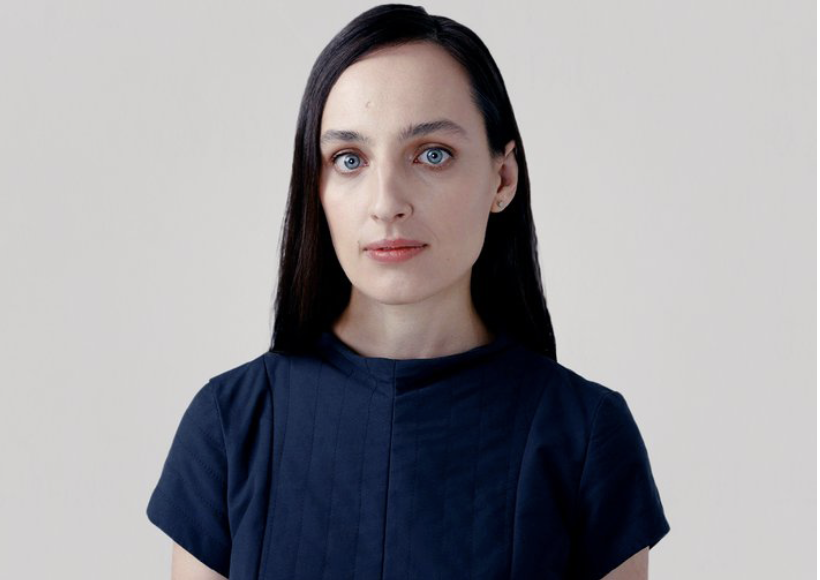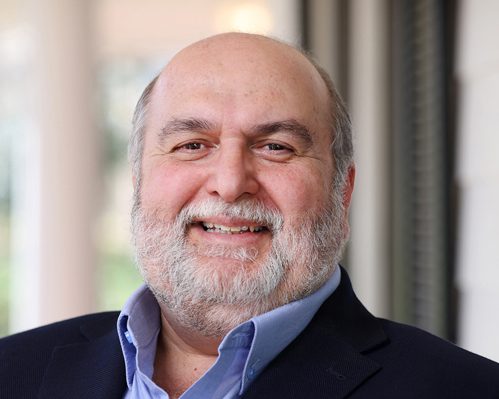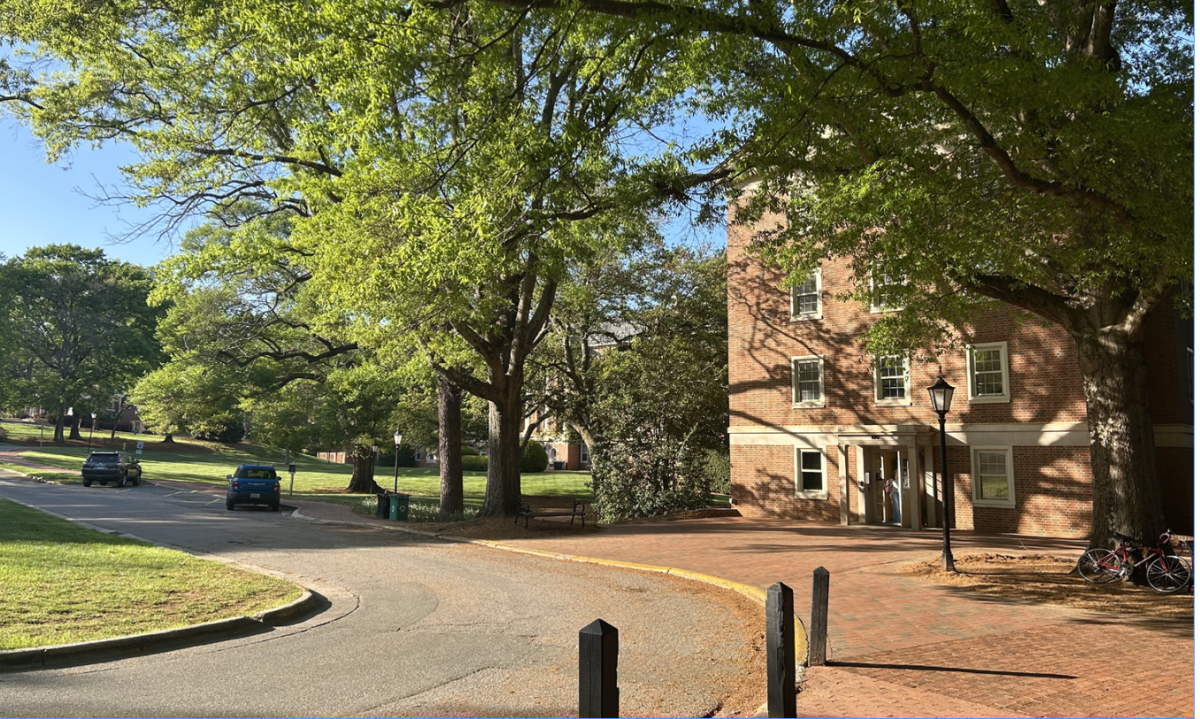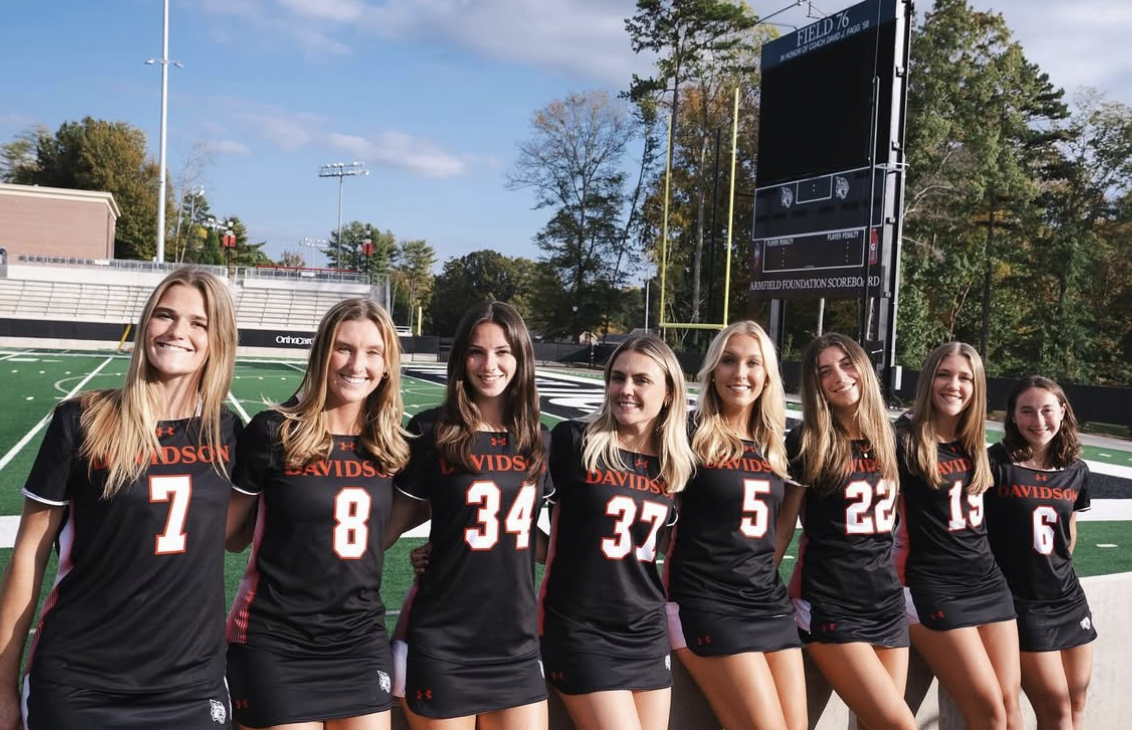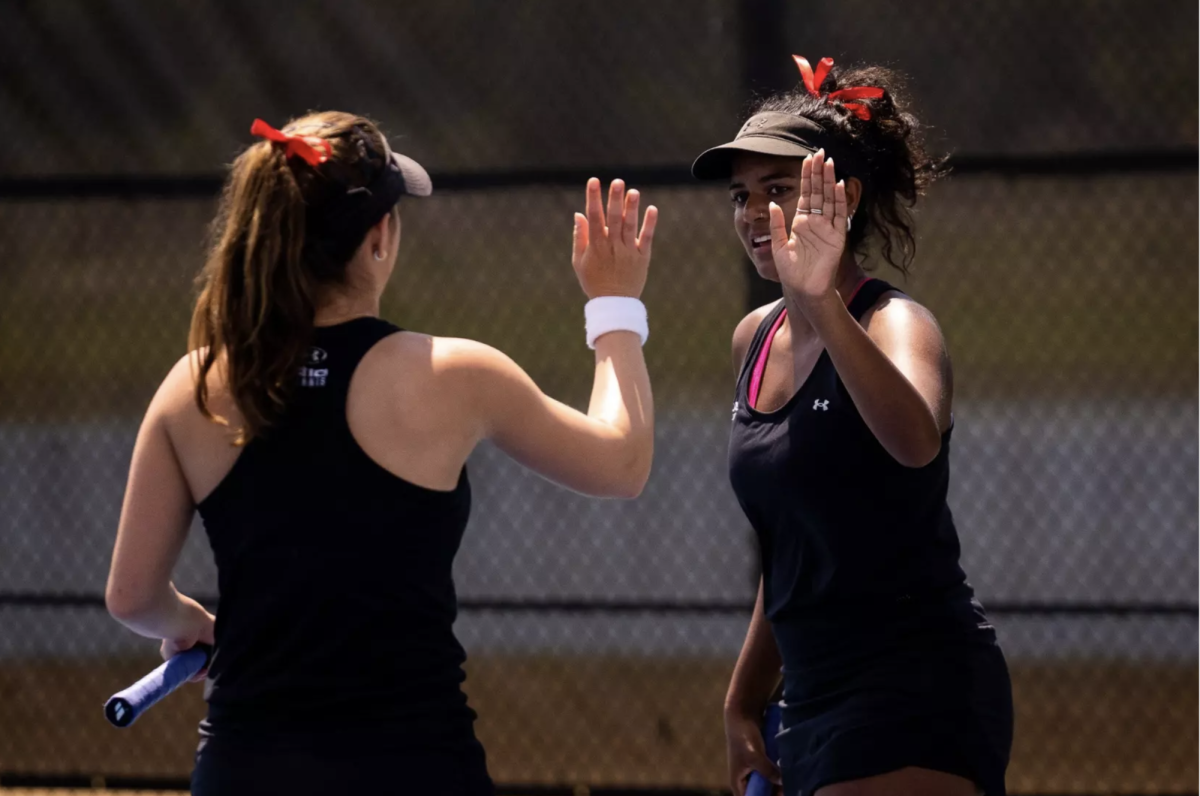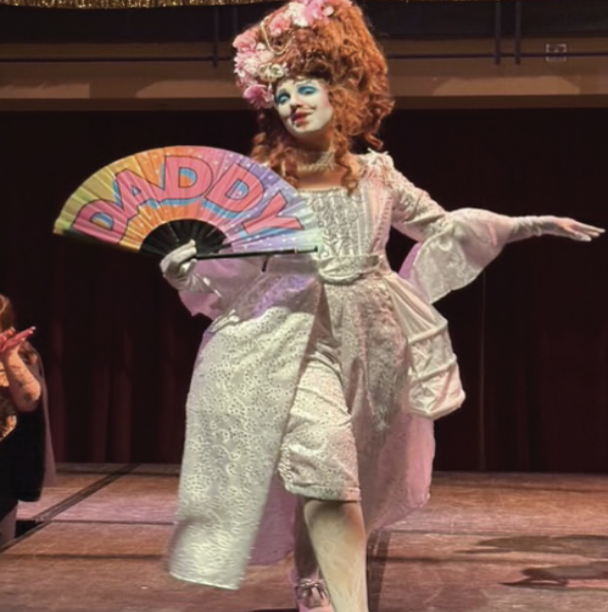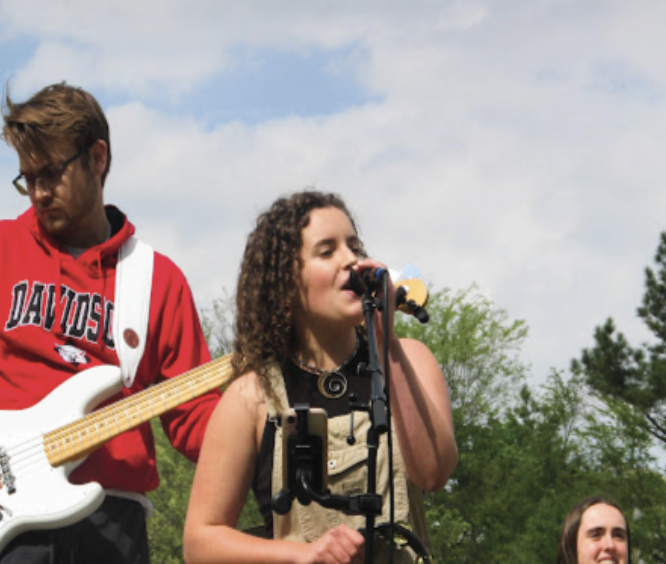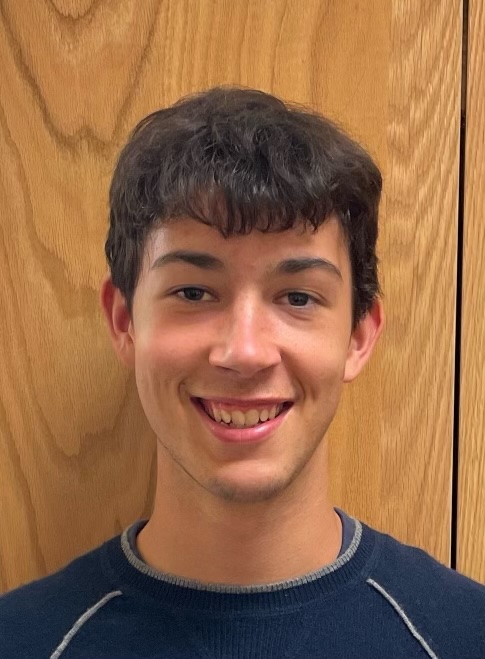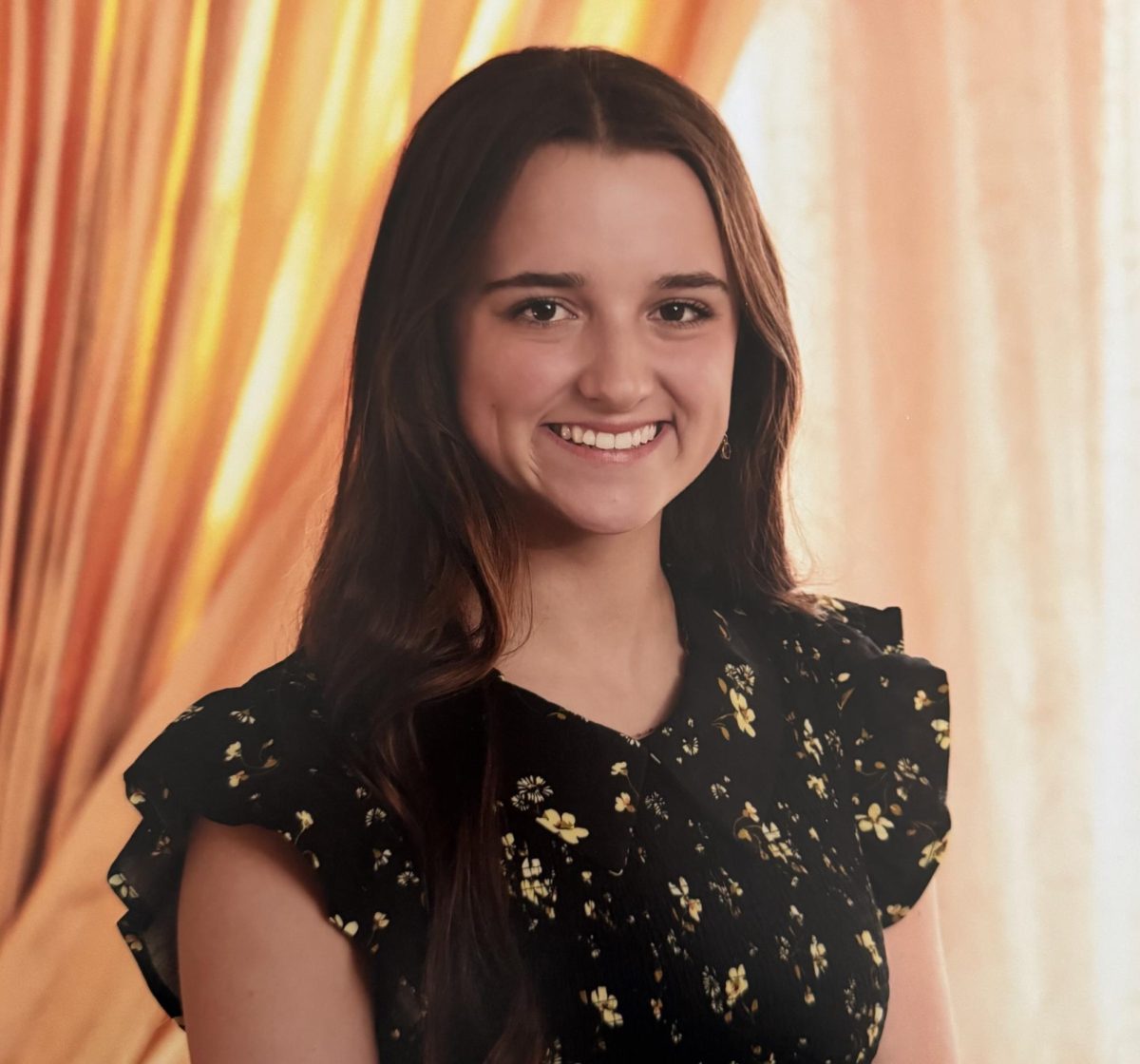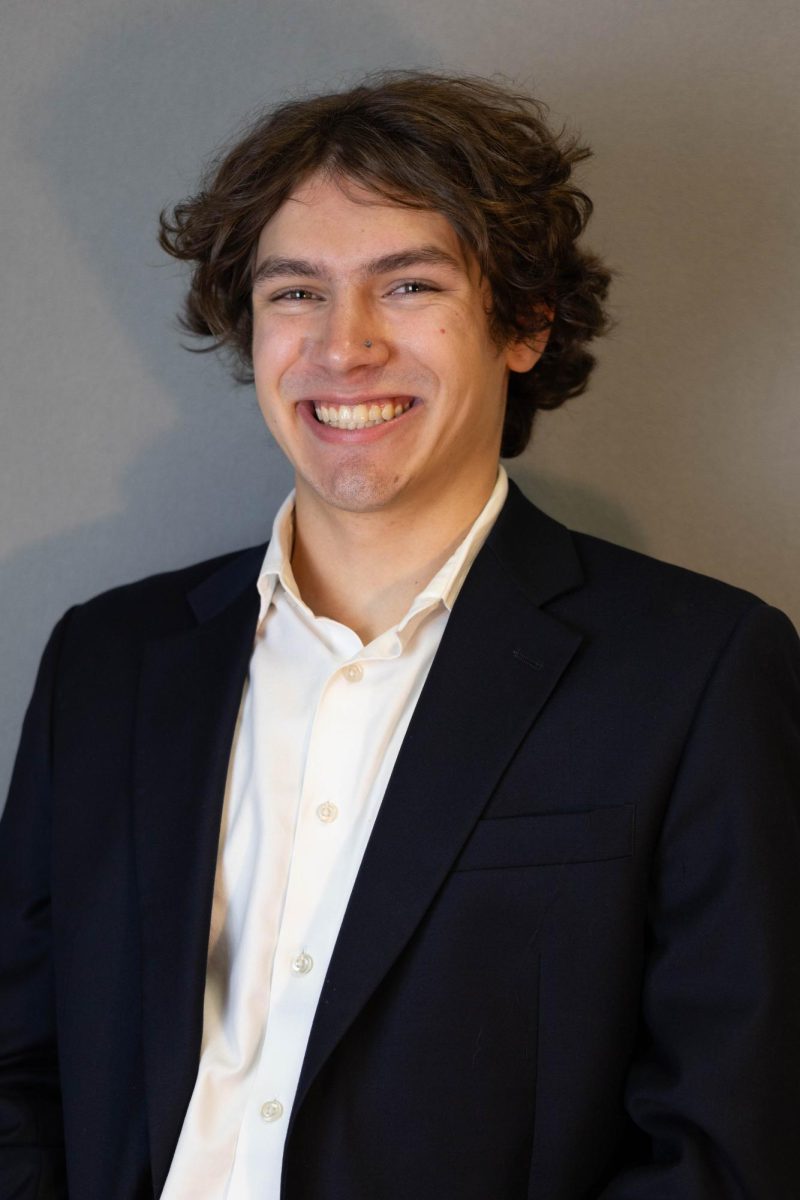What goes on behind the scenes when a Division I Football Championship Subdivision (FCS) school transitions to a new head coach? For Vice President and Director of Athletics Chris Clunie, scholar-athletes are still at the forefront of every decision being made.
In an interview with The Davidsonian, Clunie was quick to mention the overall stability that Davidson has within its coaching ranks. “We don’t have a ton of transitions. […] When it does happen, first a couple things go into place. You want to make sure you communicate with scholar-athletes. And as quickly as possible, you want to make sure you’re communicating with recruits that have committed to Davidson for that sport.”
Before Scott Abell, former head football coach of the Davidson Wildcats, was announced as the new head football coach of Rice University, Davidson had to ensure relevant stakeholders within the College were aware and given the ability to respond accordingly. “We named an interim head coach to lead us through the transition,” Clunie stated. “I put together a search committee of a bunch of different folks across [Davidson]. […] Job posting goes out, and then the process gets rolling. So there’s a number of different communicative points, and then internally putting a framework in place for the search and then moving from there.”
Clunie was relatively tight-lipped when asked about the heading coaching candidates that lost out to Saj Thakkar, the new head football coach of the Davidson Wildcats. “It was a deep pool of candidates. We had over 150 people apply, across NFL assistant coaches and Power 5 assistant coaches and FCS head coaches. So the interest was incredible.” When asked for specific names, Clunie declined to comment. However, individuals from the Davidson community, including a faculty member, stated that Baltimore Ravens legend and Hall of Famer Ray Lewis was among those in contention. Clunie, who did not seem shocked by the question, again declined to comment when asked if Lewis was a candidate, instead claiming that the linebacker “never officially applied” and that if he had, Clunie would have “hired him on the spot.” He finished by emphasizing that “it’s a little bit of fake news.” The official status of Lewis as a candidate remains unconfirmed.
The arrival of Coach Thakkar caused multiple players to transfer, a common situation in this era of college athletics. “The coaching change made it easy for me to leave,” TJ Magee, a cornerback who transferred to the University of Massachusetts Amherst, wrote in an Instagram direct message. “[UMass Amherst] is a much bigger university and they play on the FBS [Football Bowl Subdivision] level […] while also still being good academically.”
Henry Dolan ‘25, a slot receiver graduating from Davidson in May, stated that the lack of scholarship opportunities here and the ability to become a graduate transfer elsewhere are hard to turn down. “That’s just the reality of it. Some of those guys were definitely out, maybe no matter what, whether it’s financially or they want another opportunity.” While not a graduate transfer, Magee did receive a scholarship from UMass Amherst.
As of now, 16 players have transferred. Dolan remarked that remaining players questioned why upperclassmen would leave, especially considering the weight of a Davidson degree. “[Those players said] it’s either not about the degree, just high-level football, or still considering the degree and going to an ‘even playing field.’”
Clunie noted that the transfer numbers were a bit misleading. “There are some students who are going to graduate. And so they are graduate transfers […] They’re getting their Davidson degree. We don’t have a grad school.” Of the 16 transfers, six of them are graduate transfers.
Davidson does not want to lose any players to the transfer portal. “We want everybody to stay,” Clunie declared. “Folks felt like there’s uncertainty in the transition, and that’s fine. We want to respect that. […] The ones that decided to leave, no ill will, and we wish them the best as they move on.” According to Clunie, some players decided to enter the portal with the intention of meeting Coach Thakkar first before making a final decision. While not providing a specific number, the administration was eager to support these scholar-athletes and then welcome them back. Magee, when asked if there was anything Davidson could have done to ensure he stayed, claimed that the College “could have taken sports a little more seriously, especially football.”
For the remaining players, a new head coach means a new opportunity to prove themselves, but it can be tough to acclimate to a new coaching regime after becoming fully familiar with the outgoing staff. “Guys, ultimately, are excited,” Dolan said. “They’re open to another opportunity, but the hardest part is building relationships with the new coaches.”
For some players, it is hard not to feel a sense of abandonment when reflecting on Coach Abell’s departure. “[I thought] Coach Abell was going to be here for a long time,” Dolan commented. “He obviously had an opportunity that came that […] he had no choice but to take it, but I would say there’s definitely some betrayal, considering he brought this [program] up from nothing.” Dolan later clarified that there were some “shaking heads [more so than] betrayal.” Magee stated that he was happy for Coach Abell. “Personally I did not feel betrayed. Coach Abell was a great coach and deserved it!”
In the Name, Image and Likeness (NIL) era of college athletics, opportunities for a change of scenery are abundant, something both coaches and players have to be conscious of. “NIL does have an impact!” Magee explained. “With the way college ball is going right now, it’s run very professionally. There are just too many opportunities to pass up.”



